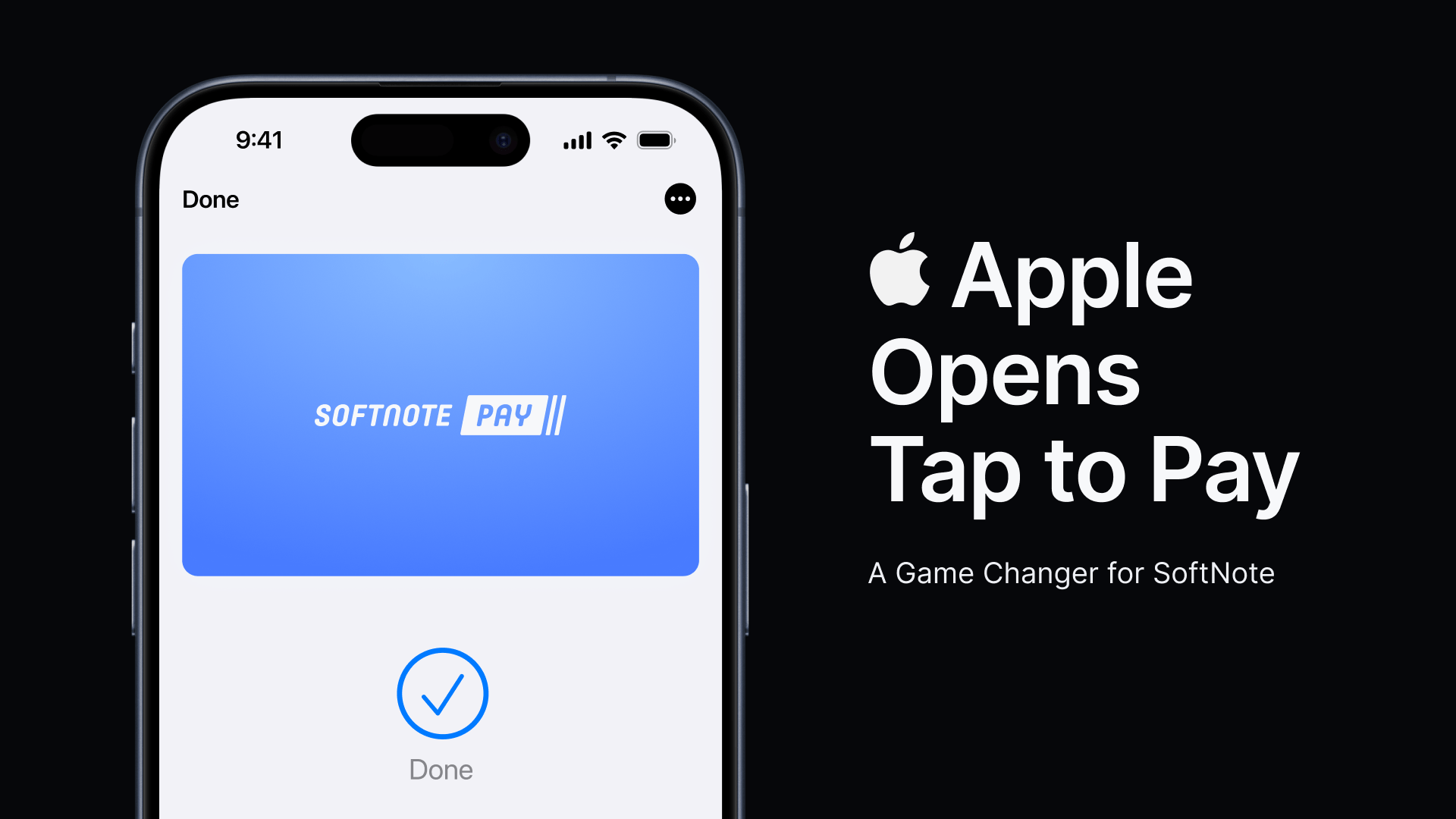The good news is finally here, Apple is unlocking its tap to pay function to enable third-party developers to integrate alternative payment options. On Wednesday, the 14th of August 2024, Bloomberg reported this new development. This is a significant achievement, as iPhone users have been calling for diversifying the NFC Chip’s functionalities.

The initiative by Apple to enable third-party developers to integrate alternative payment options into its NFC Chip opens everyone to limitless opportunities.
Apple Unlocks NFC Chips to Third-Party Developers: All You Need to Know
According to a Bloomberg report, Apple is opening the tap-to-pay function on iPhone to third-party developers for integration. This feature will become available with the release of the iOS 18.1 update, which is set for mid-September. More so, this date also coincides with the launch of iPhone 16.
For quite some time, Apple has been under pressure from the regulators to open its NFC feature to allow developers to use this component, (particularly from the European Union), Thus far the California-based company has been unwilling, citing security reasons for its reluctance. Critics claim that the real reasons are more financial than safety-related.
Replacing Apple Pay as the default NFC payment gateway threatens Apple’s revenue. This is because the phone manufacturer gets a commission on all transactions people conduct via Apple Pay.
The technology outfit has given in to pressure and will allow selected developers to integrate alternative payment methods. Even better, iPhone users can release Apple Pay with a third-party app as their default payment method. Besides payment gateways, developers can integrate transit cards, work badges, home, hotel keys, and reward cards
Under the new initiative, approved developers will enter into a commercial agreement with Apple and pay associated fees. According to the announcement, Apple will roll out this program in Australia, Brazil, Canada, Japan, New Zealand, the USA, and the UK.
Speaking on this development, the company’s spokesperson stated that “authorized developers who meet certain industry and regulatory requirements and commit to Apple’s ongoing security and privacy standards can access the system”.
Challenges of Using Apple Pay For Transactions and Why This Change is Necessary
As mentioned earlier, there has been demand for Apple to diversify the iPhone’s tap-to-pay function. For several years, Apple Pay has been very limited to credit and debit card payments from a few banks in selected countries and regions.
More so, the NFC feature is integrated into Apple Pay. Therefore, individuals living in countries where Apple Pay is unavailable cannot use the NFC to pay for products and services locally.
Those affected cannot pay for features like Apple Music and other iPhone-related services using their local bank card. In such cases, they resort to third-party platforms offering virtual Dollar Cards and enabling international transactions. This solution is inefficient and exposes people to significant risks.
The risks people use are commonly “middlemen” bridging the gap between people and banks in other countries. They typically charge more, considering they are providing additional services. Therefore, anyone using their services will pay the regular bank charges and commission to the payment gateway.
A good example is a payment provider offering financial services to selected African countries. They charge a 1% fee for every user action, including converting currencies, adding funds to the virtual card, and retrieving funds from the virtual card. Furthermore, they charge an additional fixed fee for receiving funds from abroad in addition to the multiple charges.
In this system, a user can pay multiple charges on a single transaction. For example, you pay standard bank charges for sending funds from your local bank account to the local account of the service provider. Then another fee for converting your local currency to Dollar, and the fee for topping up your card for payment.
All of these fees are before you are charged for using your card for payment. Looking at the whole process makes it even more ridiculous.
Why You Should Make SoftNote Pay Your Default Payment Option
Apple enabling developers to create alternative payment options that will work with iPhone’s NFC and serve as an Apple Pay alternative is genius. There are several benefits to this initiative, to the technology company, iPhone users, and developers. More so, this is a perfect opportunity to introduce people to a consumer crypto service like SoftNote Pay.
SoftNote Pay is a virtual card internal payment system enabling people to transact globally for no more than a $1 fee. This virtual card is connected to SoftNote and can automatically convert funds in the blockchain wallet for faster payment when the amount to be paid exceeds your SoftNote pay balance.
Unlike most other payment gateways, SoftNote Pay is available to everyone globally. Yes, you can use this virtual card in the North Pole and within remote villages in South America. When the new NFC feature becomes available on iPhone, individuals can add this virtual card to their iPhone and use it to tap-to-pay.
As mentioned earlier, people will not pay more than $1 in fees whenever they use SoftNote Pay for transactions. That’s not all, as business owners can integrate Tectum SoftNote as a payment option. The best part is that merchants will only pay 0.1% in commission.
People can already send and receive funds via SoftNote Pay by simply scanning a barcode. Integrating into a contactless payment method like NFC will increase the utility of this product further. We are currently developing a mobile app that will enable more seamless payments.
SoftNote already supports Bitcoin, Ethereum, Tether USD, and other major cryptocurrencies. We are currently working to integrate the Solana coin and other tokens held on the Solana blockchain.
As shown in the blockchain speed test, Tectum SoftNote can support regular bank transactions. The team is open to working with traditional payment gateways looking to scale growth and support even more voluminous transactions. Our network process transfers instantly and can support up to 3.5 million transactions per second.
